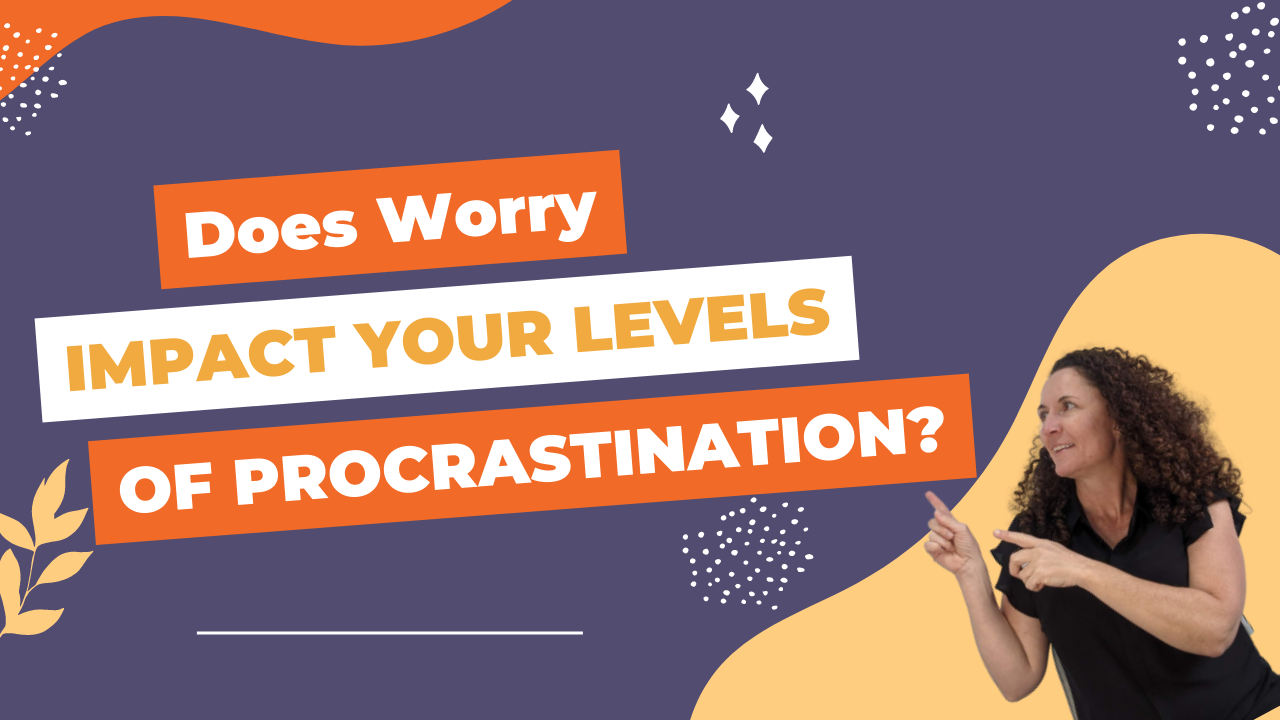Does worry and negative thoughts impact your levels of procrastination? That's a great question. Some researchers asked that too. And in 2018, they brought together University students, they gave them a whole bunch of surveys on their levels of anxiety, depression, procrastination, worry, so thinking about future events and rumination. So repetitive thoughts that are negative about events that have happened in the past.
What they found was that worry didn't increase procrastination. So, thinking about future events that hadn't happened yet, didn't seem to have an impact on procrastination, but students who experience, depression and anxiety, and also negative thought patterns that they couldn't stop about things that had happened to them in the past, tended to increase significantly their levels of procrastination.
Theories like these around procrastination, suggest that there's a disconnect in chronic procrastinators between their present and past self and their future self. They have trouble connecting to who they want to be, and where they're going. And they have a lot of repetitive thought patterns around who they were, who they are and things that happened to them.
So, a lot of the theory right now is moving towards treatment around self-compassion to accept past failures and working on visualization and really embedding your future self and who you want to be. And these studies are just compounding the treatment around self-compassion as being the first step towards overcoming procrastination.

